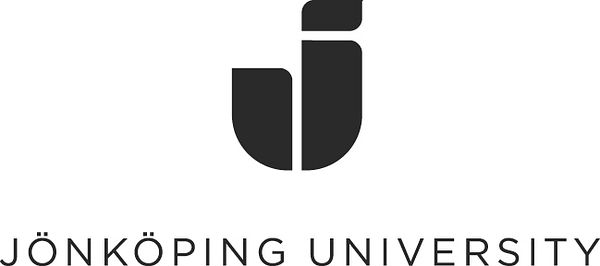
Press release -
Terrorist acts increase prejudice and hate crimes against Muslims
Anti-Muslim prejudice and hate crimes increase in Europe and the USA as a consequence of Islamist terrorist attacks, a new study in the journal Islam and Christian-Muslim Relations reveals. But high-profile hate crimes against Muslims have paradoxical effects.
A recent study by Klas Borell, Professor of Sociology and Social Work at Jönköping University, shows that anti-Muslim prejudice is largely event driven; terrorist attacks will cause anti-Muslim public opinion to quickly flare up and then, in calmer times, subside.
“The terrorists' indiscriminate violence creates insecurity and fear, and it is in such an emotional climate that people can equate Islamist terrorists with ordinary Muslims”, says Klas Borell.
His research shows that anti-Muslim sentiments influence the number of hate crimes directed against Muslims and Muslim communities, however indirectly.
“Terrorist attacks and anti-Muslim sentiments give room for Islamophobic groups and networks to manoeuvre”, says Klas Borell.
The international research overview done by Professor Borell shows that high-profile hate crimes are in themselves dramatic events with unexpected effects.
“When hate crimes are highlighted in the media, they often trigger a strong counter reaction. Crimes of this nature are challenging the sense of justice in many people and lead to solidarity actions. A statistically representative study from Sweden shows these paradoxical effects. It is precisely in the areas in Sweden where Muslim communities have suffered the most hate crimes, the leaders of the communities consider the support of Muslims’ rights to practice their religion to be the greatest. Hate crimes, in other words, work as catalysts for solidarity actions of various kinds and may not give the effects that the perpetrators intended”, says Klas Borell.
Klas Borell’s international research review "When is the Time to Hate? A Research Review on the Impact of Dramatic Events on Islamophobia and Islamophobic Hate Crimes in Europe "is now published in the international journal Islam and Christian-Muslim Relations 26(4): 409–421 (Taylor & Francis, DOI:10.1080/09596410.2015.1067063).
For more information please contact Professor Klas Borell
+46 70-324 06 05
klas.borell@ju.se
Related links
Topics
Categories
Jönköping University Foundation is one of three independent institutions of higher education in Sweden offering postgraduate programmes. It is characterised by focused profiles, internationalisation, an entrepreneurial spirit and collaboration with surrounding society. Research and education are carried out at four schools: Jönköping International Business School, School of Education and Communication, School of Engineering and School of Health and Welfare. Jönköping University has some 10,000 registered students, 725 employees and a turnover of approximately SEK 800 million.
